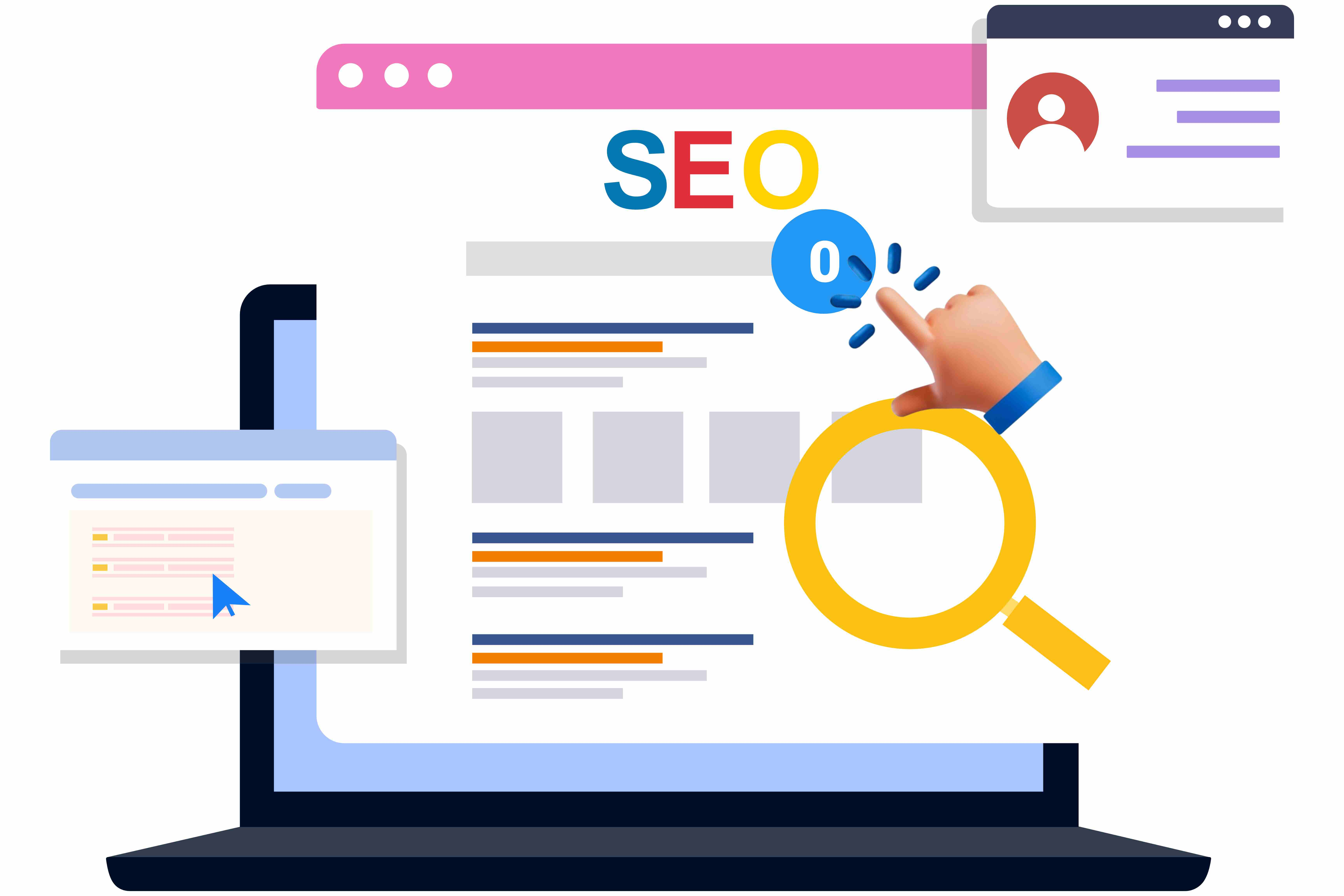Table of Contents
- Introduction
- Understanding the Importance of SEO for Translators
- Keyword Research for Translator SEO
- On-Page SEO Strategies
- Off-Page SEO Strategies
- Technical SEO for Translator Websites
- Latest SEO Trends for Translators
- Measuring SEO Success
- Conclusion
- About Don Hesh SEO
Introduction
In an increasingly globalized world, translation services are in high demand. However, to stand out from the competition and attract more clients, translators need to enhance their online visibility. SEO (Search Engine Optimization) is a powerful tool that can help translation professionals achieve this. This comprehensive guide will walk you through the essential SEO strategies tailored specifically for translators, ensuring you attract more clients and grow your business.
Understanding the Importance of SEO for Translators
SEO involves optimizing your website to rank higher in search engine results pages (SERPs). For translators, this means potential clients can easily find your services when they search for terms like “professional translation services” or “certified translator.” Higher visibility leads to increased traffic, more inquiries, and higher conversion rates.
Keyword Research for Translator SEO
Keyword research is the foundation of any successful SEO strategy. Identify relevant keywords that potential clients are likely to use when searching for translation services. Tools like Google Keyword Planner, Ahrefs, and SEMrush can help you find high-volume, low-competition keywords. Focus on both broad keywords (e.g., “translator”) and long-tail keywords (e.g., “legal translation services in [city]”).
On-Page SEO Strategies
Optimizing Title Tags and Meta Descriptions
Title tags and meta descriptions are crucial for on-page SEO. Ensure each page has a unique and descriptive title tag that includes your target keywords. Meta descriptions should be compelling and informative, encouraging users to click on your link in the search results.
Creating High-Quality Content
Content is king in the world of SEO. Create high-quality, informative content that addresses the needs and questions of your potential clients. This could include blog posts about the importance of professional translation, tips for choosing the right translator, and case studies showcasing your successful projects.
Utilizing Local SEO
Local SEO is particularly important for translators who serve clients in a specific area. Optimize your Google My Business listing, ensure your NAP (Name, Address, Phone number) information is consistent across all online platforms, and gather positive client reviews to boost your local search rankings.
Off-Page SEO Strategies
Building Quality Backlinks
Backlinks from reputable websites signal to search engines that your site is trustworthy and authoritative. Reach out to business directories, industry blogs, and local news websites to acquire high-quality backlinks.
Leveraging Social Media
Social media platforms can drive traffic to your website and improve your SEO. Regularly post engaging content, interact with your followers, and use social media to promote your services, share client testimonials, and announce special offers.
Technical SEO for Translator Websites
Ensuring Mobile-Friendliness
With more people using smartphones to search for services, having a mobile-friendly website is essential. Ensure your website is responsive and provides a seamless user experience on all devices.
Improving Site Speed
Site speed is a critical ranking factor. Optimize your images, leverage browser caching, and minimize JavaScript to improve your site’s loading times.
Implementing Structured Data
Structured data helps search engines understand the content of your website. Use schema markup to provide detailed information about your translation services, including your specialties, rates, and client testimonials.
Latest SEO Trends for Translators
Voice Search Optimization
With the rise of voice-activated devices, optimizing for voice search is becoming increasingly important. Focus on natural language and conversational keywords that people might use when speaking into their devices.
Content Localization
For translators, localized content can be a significant advantage. Tailor your website content to different languages and cultural contexts, ensuring it resonates with diverse audiences.
User Experience (UX)
A positive user experience can improve your SEO rankings. Ensure your website is easy to navigate, visually appealing, and provides valuable information to your visitors.
Measuring SEO Success
Track your SEO progress using tools like Google Analytics and Google Search Console. Monitor key metrics such as organic traffic, bounce rate, and conversion rate to evaluate the effectiveness of your SEO strategies and make necessary adjustments.
Conclusion
Implementing effective SEO strategies is crucial for translators looking to enhance their online visibility and attract more clients. By focusing on keyword research, on-page and off-page SEO, technical optimization, and staying updated with the latest trends, you can drive more organic traffic to your website and grow your business.
About Don Hesh SEO
At Don Hesh SEO, we are dedicated to helping businesses navigate the complexities of search engine optimization and digital advertising. As experienced SEO consultant and Google Ads consultant, we provide tailored strategies to enhance your online presence and drive sustainable growth. Contact us today to learn how we can help your business leverage influencer collaborations to boost your SEO and achieve your digital marketing goals.



